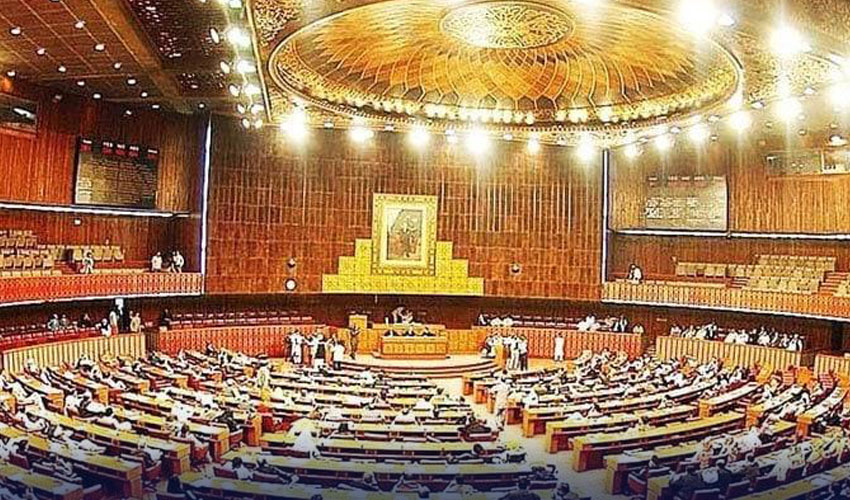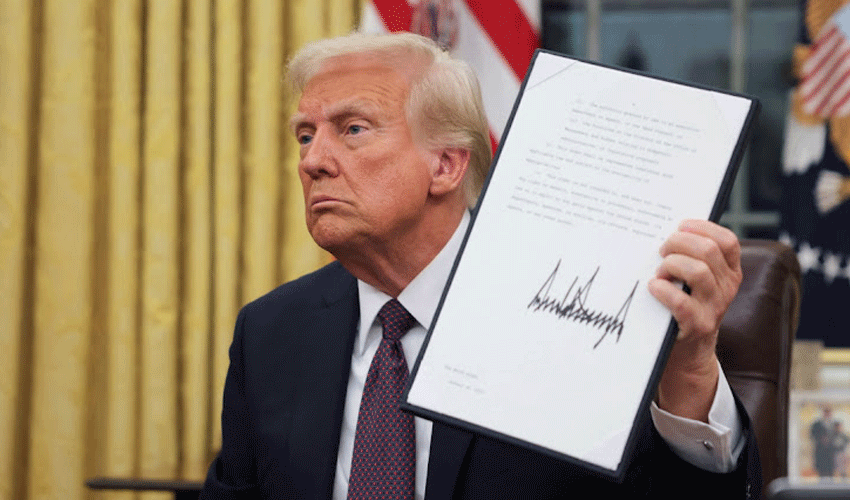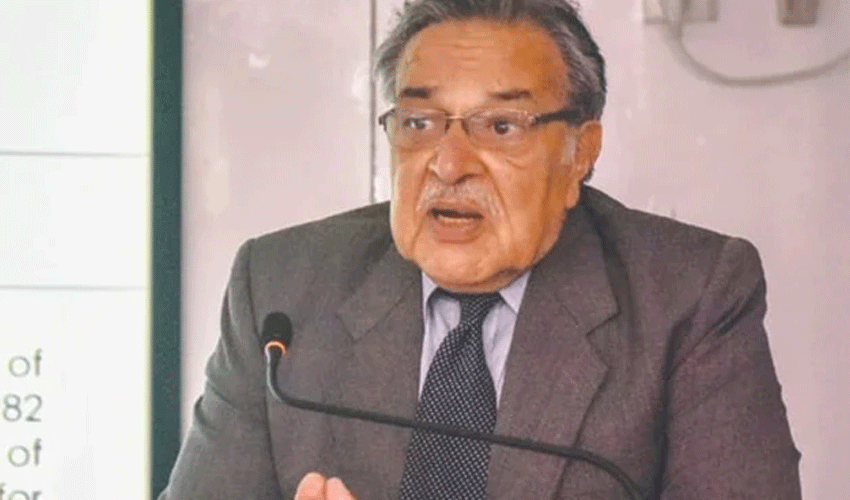The country's parliament finds itself in uncharted territory as the Senate, the Upper House, remains dormant, lacking both a chairman and deputy chairman.
The absence of leadership has plunged the country into a constitutional quandary, unprecedented in its democratic history.
The Senate was thrown into disarray following the retirement of Chairman Sadiq Sanjrani and Deputy Chairman Mirza Muhammad Afridi. With their departures, there emerged a glaring void at the helm of the upper house.
Unlike the National Assembly, where the speaker can assume duties until a replacement is found, no such provision exists for the Senate. This legal vacuum has exacerbated the situation, prompting urgent calls for action from the federal government.
In response, the government is contemplating the issuance of a presidential ordinance to address the crisis. Speculations abound that Yousuf Raza Gilani, the anticipated nominee of the People's Party for Senate Chairman, could be appointed as the caretaker head of the Senate, albeit temporarily.
The turmoil in the Senate has reignited discussions on potential reforms to prevent such situations in the future. Efforts to amend the rules of the Senate Secretariat have hit a deadlock, underscoring the urgent need for comprehensive legislative solutions.
This predicament marks a significant departure from the country's political landscape, as even during previous military regimes, the Senate remained intact. Now, amidst the democratic era, the upper house stands incomplete, raising fundamental questions about its constitutional role and functioning.
With the new president and prime minister assuming office, they face the daunting task of resolving the impasse in the Senate. As the nation awaits decisive action, the spotlight remains firmly fixed on the halls of Parliament, where the fate of the Senate hangs in the balance, shaping the course of Pakistan's democratic journey.



























